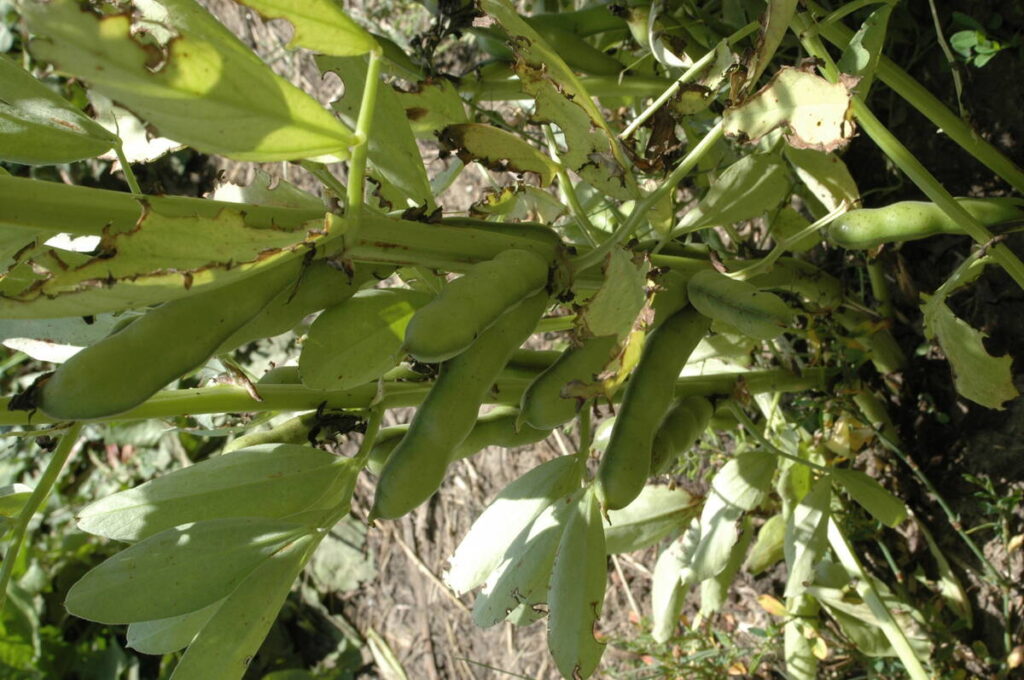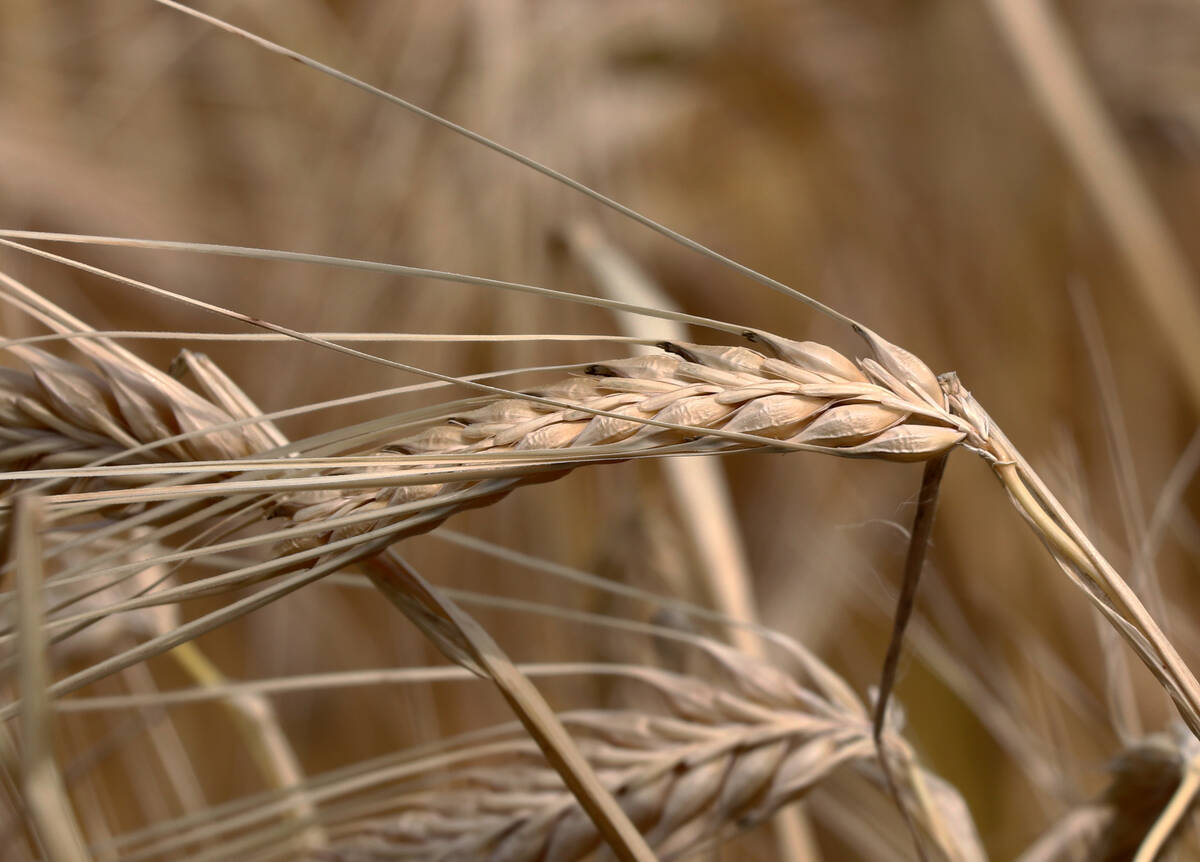Saskatchewan gets new fababean breeding program

REGINA — A new collaboration aims to produce better fababean varieties for Saskatchewan growers.
Saskatchewan Pulse Growers and J4 Agri-Science announced last week they are working together to develop commercial varieties that mature earlier, yield higher and have better disease resistance.
A major focus is low vicine/convicine levels.
Read Also


On-farm research tackles malting barley fertility
SaskBarley and the Western Applied Research Corp. (WARC) have partnered with several growers in the province for on-farm trials with a goal of optimizing barley fertility.
SPG executive director Carl Potts said this is an anti-nutritional factor that can create anemia problems in a small portion of the population.
“Some of the current varieties that we have are regular vicine/convicine levels, but as an industry we’ve decided that we’re making the switch to in the future only be releasing low vicine/convicine varieties and those will better fit into food ingredient applications and others and make the product a bit more acceptable to the broader food industry globally,” he said.
Fababeans are a good alternative to peas for producers who want a pulse in their rotation but are experiencing root disease, Potts said.
Jodi Souter, founder of J4, said most of the breeding work will take place in northeastern Saskatchewan.
Both partners are contributing germplasm, while SPG supports the program financially. Future royalties from the sale of the new varieties will be shared.
Potts said J4’s strong connection to farmers is an important part of the collaboration. This is the second partnership in SPG’s “new era” of pulse breeding to encourage multiple breeding programs and move from the royalty-free system; growers will pay for the new varieties through royalties as they do for other crops.
Souter, who earned her PhD in plant biology from the University of Saskatchewan, began J-4 in 2019. As a Nuffield Scholar in 2020, she spent time exploring how private plant breeding could work in Canada.
“Homegrown plant breeding companies are successful in plenty of countries that we compete with, so Australia and the States and Europe. They’ve had private plant breeding for so long they can’t even really remember how it got started,” she said.
Souter said as a newer venture, she essentially created her own playbook. It’s been difficult at times, but support is growing, she said.
“Our goal was to try to become another source of genetics for some of the underserved crops in Western Canada because there’s quite a few that still have only one breeding program,” she said.
She has worked with lentils and flax and is now putting some lines into registration trials. She identified fababeana as another crop that could use some attention.
“We’re from the north, the Melfort area, so we really love the thought of having another pulse in the rotation and potentially replace some of the acres that we can’t grow peas on anymore for a while,” Souter said.
Fababeans are still considered a new crop when compared to others that breeders have been developing for hundreds of years. She said there are a lot of things to work on to get them to a point where more growers in areas that have more moisture will add them to rotations.
For private plant breeding to work, there has to be a royalty return, Souter said. Otherwise, there would be no way to generate revenue to continue.
She is relying on mentors from New Zealand, Australia and the United Kingdom to help her through what she describes as an interesting journey.
“It can be done in Canada. It’s just going to have to be working on removing some of the barriers and getting buy-in from farmers and from the industry,” she said.
The company employs seven people .
Souter said there is a lot of need for breeding programs in other crops, and she hopes the SPG collaboration will lead to more. She said since Agriculture Canada has moved away from variety finishing, she hopes other organizations will help provide alternative sources of traits and genetics and “not push everything into one silo.”
Potts said J4 was a natural fit for this project. It has a couple of projects with the company already.
He said SPG sees significant potential in J4. The agreement is for five years but could be extended.
“I think we see an organization that’s nimble, that’s able to adapt to changing market needs or changing situations,” he said.
“Jodi is a talented young breeder that has new ideas, and we’re excited to see what progress she can make on this crop.”
Source: www.producer.com


